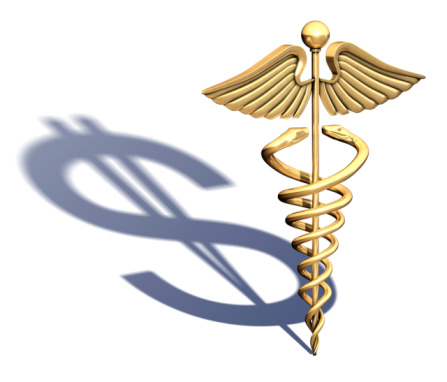- Pockets of potential strength exist within the broader universe of healthcare ETFs
- iShares U.S. Medical Devices ETF (NYSEArca: IHI) is one of the avenues to gain focused exposure to medical device makers, particularly large-cap names
- Healthcare spending growth is projected to average 5.8% and peak at 6.3% in 2020
Healthcare exchange traded funds are lagging the broader market this year, but there are some pockets of potential strength within the broader universe of healthcare ETFs.
For healthcare ETFs, the good news is that the U.S. economy moving into the late-cycle phase, overall growth may slow and signs of an economic slowdown could pop up. Consequently, investors may also turn to defensive sectors that are less economically sensitive, such as health care. [Sector ETFs for the Late Business Cycle]
The iShares U.S. Medical Devices ETF (NYSEArca: IHI), the largest dedicated medical devices exchange traded fund, is one of the avenues to gain focused exposure to medical device makers, particularly large-cap names.
Industry observers argue that medical technology companies can tap into increased healthcare spending among emerging economies while the U.S. market has matured and could experience slower growth. Looking ahead, in the years through 2024, spending growth is projected to average 5.8% and peak at 6.3% in 2020.
“Cantel Medical (CMN) has a market cap of ~$2.9 billion. With a book value of $10.25, the stock is trading at a PBV (price-to-book value) of 6.8x and a 2016 forward PE (price-to-earnings) multiple of 46.5x. The stock closed at $69.83 and was trading below the 20-day moving average price of $65.60. The stock has an RSI (relative strength index) of 73, indicating that the stock has moved into an overbought situation. It has a weight of 0.8% in IHI’s portfolio,” according to Market Realist.
